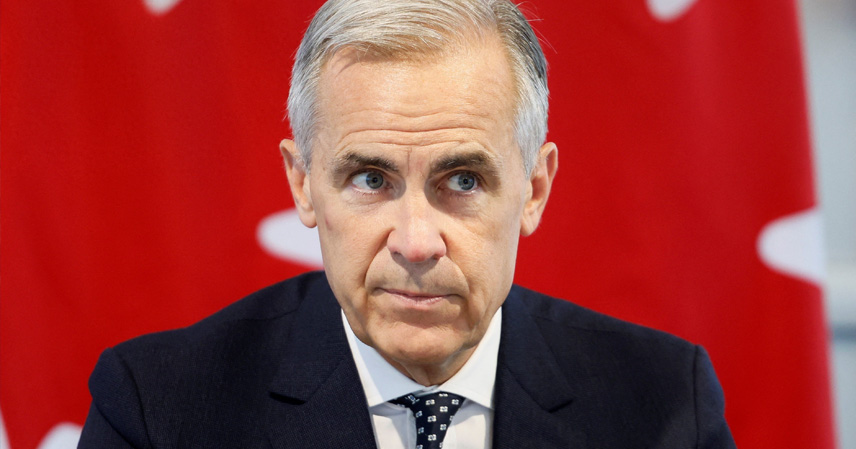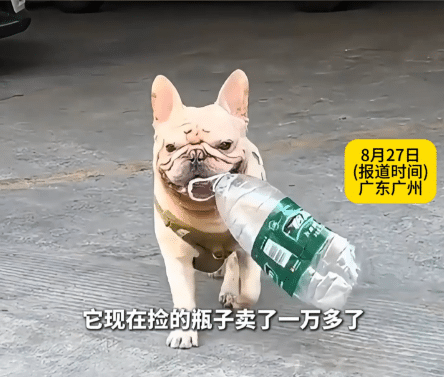Not long ago, China abruptly announced high deposit requirements on several key Canadian agricultural products and launched an anti-dumping investigation.
This move hit Canada’s agriculture sector like a cold shower. Crops such as canola and peas, once ready for export, are now stuck at ports with nowhere to go.
These are not just ordinary goods—they are Canada’s primary exports and the livelihood of countless farmers. With their biggest market suddenly gone, farmers are facing overflowing warehouses, falling prices, and growing protests.
Carney’s Strategy Backfires
Prime Minister Carney, eager to show “tough diplomacy,” moved quickly against China’s steel and electric vehicle products, while actively participating in regional military activities. The idea was to leverage the U.S. relationship for more influence.
But the reality was different: the U.S. did not provide substantial support. Instead, it suddenly raised tariffs on Canadian goods, harming Canada’s own manufacturing industry.
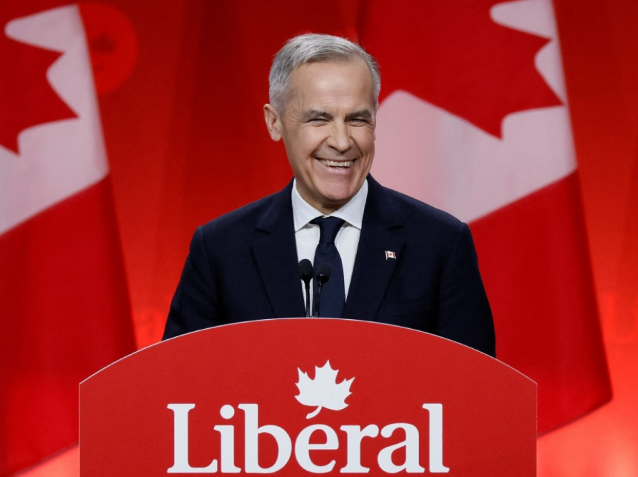
This “stuck in the middle” situation triggered strong domestic backlash. Many began questioning whether the government’s strategy was too idealistic.
Rather than gaining leverage against China, Canada found itself squeezed between two giants. It neither secured clear benefits from the U.S. nor safeguarded its own economic interests.
The Economic Fallout
The impact on the economy is becoming more obvious: exports are shrinking, unemployment is rising, and investment confidence is weakening.
Yet Carney’s government remains defiant, insisting it will “not bow to pressure.” Opposition parties have seized the moment, criticizing the failed China strategy and demanding a reassessment of foreign policy.
This leaves Canada in a diplomatic dilemma: push harder and risk further domestic pain, or backtrack and appear weak.
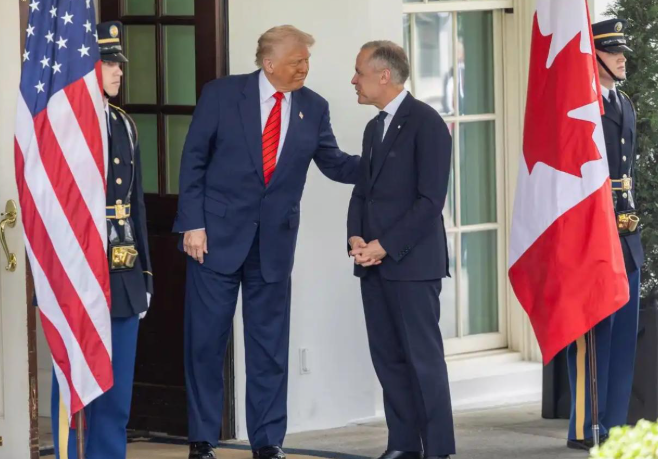
China Moves On, Canada Hesitates
While Canada is still “seeking dialogue,” China wasted no time. It quickly shifted its supply chains to alternative partners like Australia, Russia, and Central Asian agricultural producers.
This wasn’t just about switching suppliers. China streamlined transportation, settlement, and customs mechanisms, ensuring smooth operations across the supply chain.
For Canada, however, the reality is harsh: once a market shifts, winning it back is far from easy, especially in agriculture, where stability and long-term cooperation matter most.
Canada’s industries, once reliant on China’s purchases, are now dependent on government subsidies. But public finances are limited—support can only last so long.
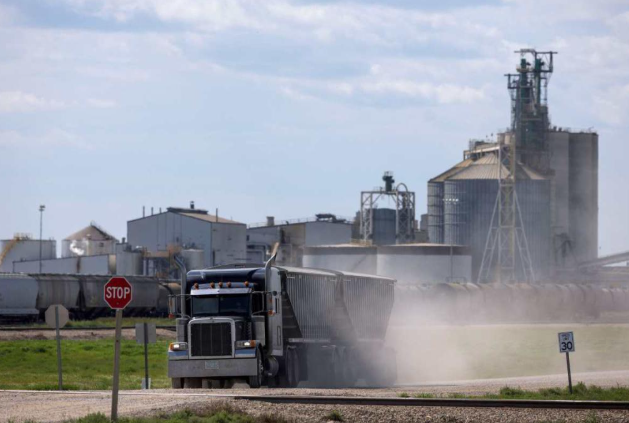
Strategic Misjudgment
This is more than a temporary trade dispute—it’s a strategic miscalculation.
China’s adjustments are not an “emotional reaction,” but a systematic restructuring of supply chains. The consequences are deeper and longer lasting than they appear.
Carney recently admitted that policy toward China has “encountered challenges,” but by now, words alone cannot undo the damage.
Canadian farmers face warehouses full of unsold crops, companies are losing orders, and financial markets are losing confidence. Meanwhile, China has quietly upgraded its supply chains, expanding cooperation elsewhere without suffering real harm.
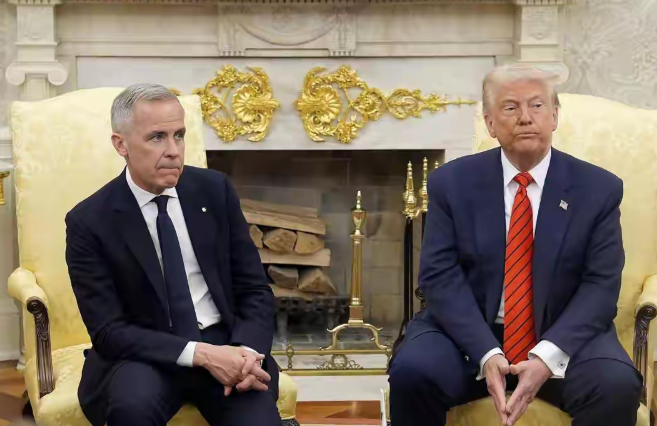
Lessons Learned
This crisis has no winners, but one clear lesson: in a globalized economy, decisions cannot be made based on short-term politics or slogans.
Trust and trade relationships take years to build but can be lost in an instant. Rebuilding them requires far more effort—and sometimes may be impossible.
Canada’s missteps show that shouting slogans is no substitute for strategy, and taking sides is not a long-term solution. Real diplomacy requires balance, not reckless positioning.
Now, the damage is clear: China has turned away, and Canada is left grappling with the fallout. Farmers, exporters, and ordinary households are bearing the brunt of a crisis born from political misjudgment.
This is no simple trade spat, but a deep strategic error. And as the saying goes: whoever lights the fire must bear the consequences. Canada is already paying the price.
References
- Anti-dumping measures: China imposes deposits on Canadian canola — Global Times, Aug 13, 2025
- Canadian canola exports to China blocked, Ottawa in crisis — Global Times, Sept 5, 2025

